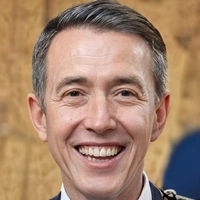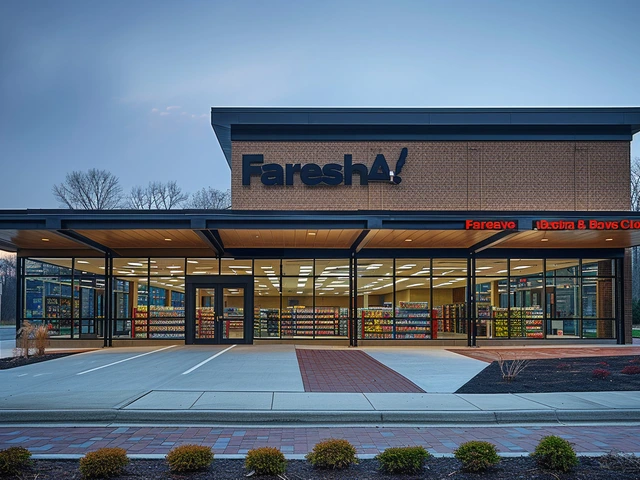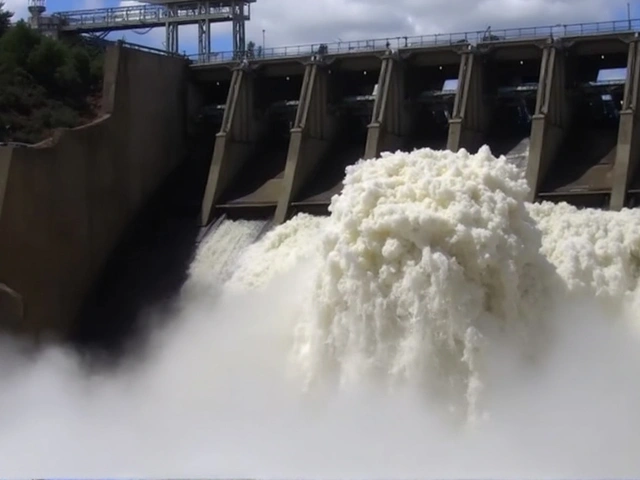IEC Confirms Smooth Progress Amid Concerns Over Farmworkers’ Voting Freedom
Introduction: IEC's Overview of Progress
With the 2024 general elections in South Africa just around the corner, the Independent Electoral Commission (IEC) has reported a seamless process in the lead-up. Special votes have been successfully cast, reflecting strong participation from the electorate. As per the IEC's chief electoral officer, Sy Mamabolo, there has been an impressive turnout on the first day, bolstering hope for enthusiastic voter engagement in the national and provincial elections.
While initial reports indicate that the electoral process is on a smooth track, there are mounting concerns regarding the freedom and fairness of voting, especially for farmworkers in rural areas.
Farmworkers Face Challenges
Despite the overall positive notes from the IEC, Billy Claasen, CEO of the farmworkers development organisation (FMWO), highlighted significant issues plaguing the voting process for farmworkers. Claasen voiced concerns about coercion faced by farmworkers due to pressures and restrictions imposed by farm owners. The alarming trend of farmers preventing certain political parties from campaigning on lands where farmworkers reside has led to a skewed and potentially unjust voting environment.
These concerns highlight the ongoing struggle for ensuring that the democratic rights of farmworkers are upheld without interference. Without the freedom to choose their preferred political parties, the integrity of the election results comes into question, posing a vital challenge to the IEC and policymakers.
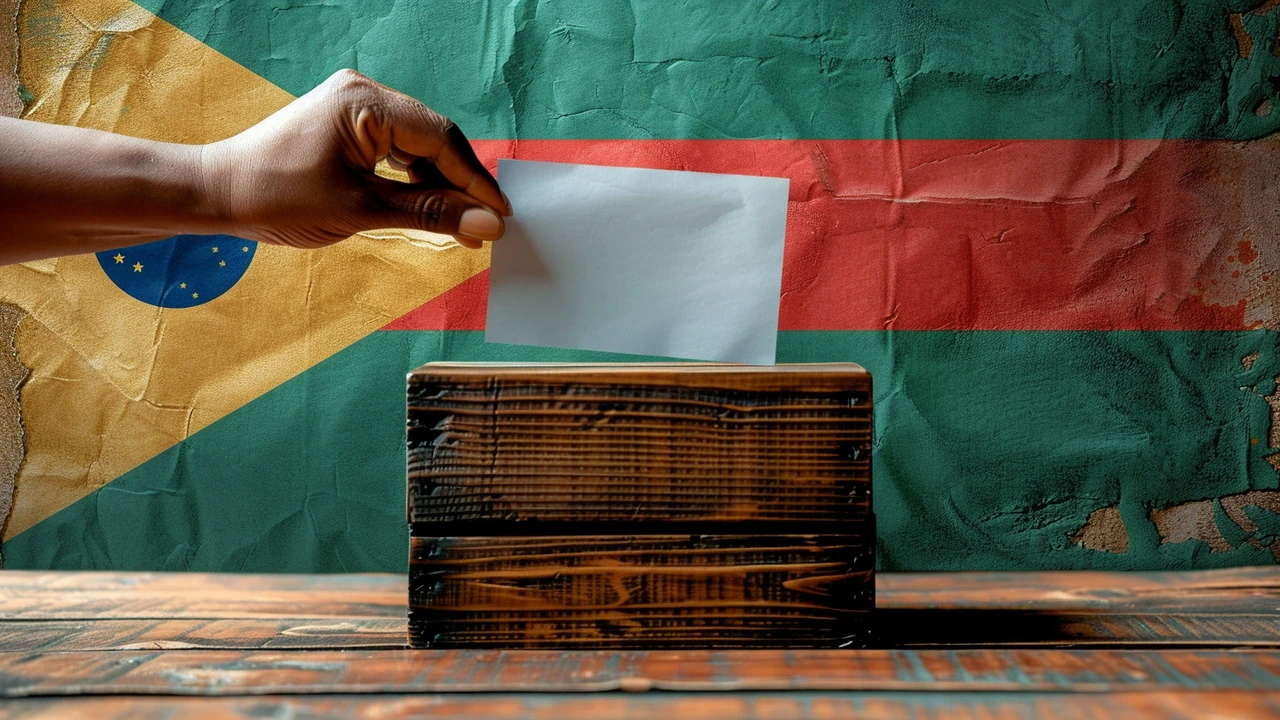
Promising Turnout and Encouragement for Participation
Sy Mamabolo's report of a significant turnout during the special votes acts as a beacon of optimism. The participation indicates a strong eagerness among citizens to exercise their democratic rights. Mamabolo urged all South Africans to be part of the upcoming elections. His statement emanates hope, envisioning a robust voter turnout that reflects the country's diverse political landscape.
However, Mamabolo's encouragement must be contextualized against the background of the rural voting environment's unique challenges. While urban voters may experience a more straightforward voting process, the rural dynamics, especially among farmworkers, present unique hurdles that need addressing.
Navigating the Complex Voting Landscape
As general elections draw nearer, the focus intensifies on ensuring an environment that preserves the fundamental tenets of democracy: freedom and fairness. Billy Claasen's revelations point towards the sobering reality of farmworkers who might face undue influence from their employers. It's imperative to recognize that the right to vote freely for one’s chosen political party is not merely a legal obligation but a moral one.
The instances reported by Claasen underline the urgent call for interventions that can safeguard the voting rights of farmworkers. These interventions might include stricter enforcement of campaign laws and perhaps more intrusive observation mechanisms to prevent undue influence within private lands, especially farms.
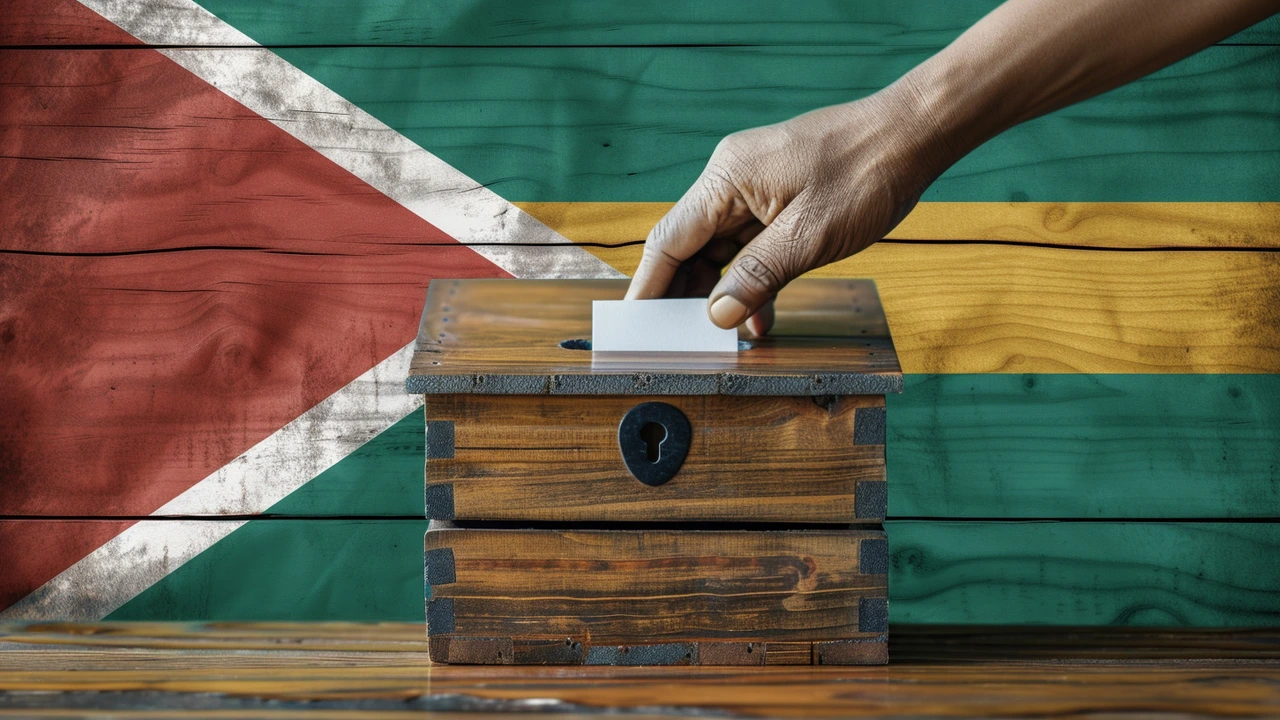
Commitment from Farmers' Associations
Thandeka Mabasa, CEO of the African Farmers’ Association of South Africa (Afasa), offered a contrasting perspective, emphasizing that Afasa’s members remain loyal to democratic ideals. According to Mabasa, steps are actively being taken to ensure farmworkers can exercise their rights without intimidation. This promise of fairness is critical in a context where workers and farm owners' relationships can complicate the electoral process.
Mabasa echoed the need for continuity in democratic processes and highlighted the role of policies like the Agricultural and Agro-Processing Master Plan (AAMP) in the post-election phase. These policies are intended to drive inclusive growth within the agricultural sector, ensuring no group is left behind, including the farmworkers whose labor is central to the industry's success.
The Role of Policies in Upholding Democracy
The emphasis on policies such as the AAMP points to a broader context where economic plans and democratic processes intersect. The successful implementation of such policies reflects a balanced approach to various stakeholders' needs within the agriculture sector. From farm owners to workers, ensuring that agriculture supports broader economic objectives requires a strong commitment to fair practices, especially during crucial moments like elections.
In the days leading up to the elections, implementing monitoring mechanisms to ensure fair voting processes could act as a necessary counterbalance. These steps would align with the national commitment towards a genuinely representative democratic process, critical for the nation's future.
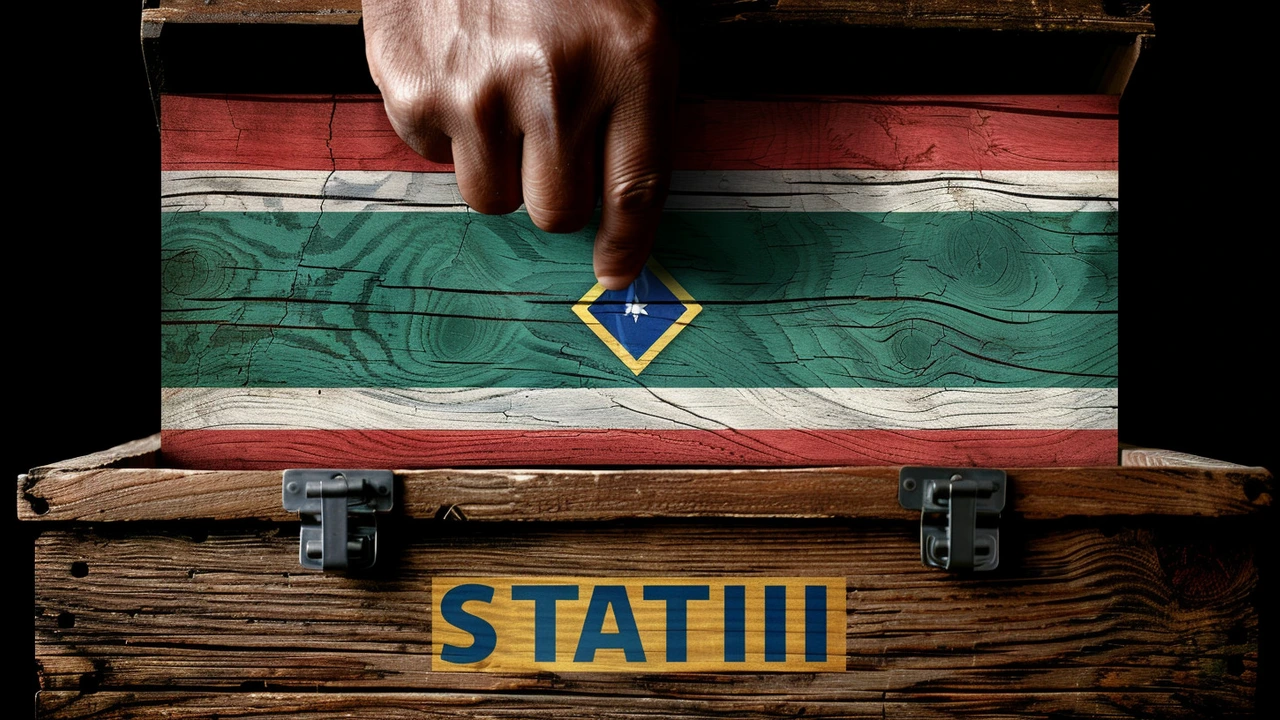
Ensuring Future Fairness
The current electoral landscape showcases the dynamic interplay of progress and challenges. The IEC's successful reports of the special votes mark a promising start. However, Billy Claasen's concerns emphasize the need for continued vigilance as the process unfolds. The engagement from organizations such as the FMWO and Afasa highlights the civil society’s critical role in advocating for fair practices.
The journey towards a truly inclusive democratic process is ongoing. It necessitates input from all societal sectors, including policymakers, civil society, and individuals committed to upholding democracy's principles. Ensuring farmworkers can vote freely is a small but significant step in this broader journey.
As South Africa stands on the brink of another election milestone, the spotlight on fair voting practices remains as crucial as ever. The stories from the rural heartlands echo a broader narrative: the need for an all-encompassing approach to democracy that transcends the urban-rural divide.

